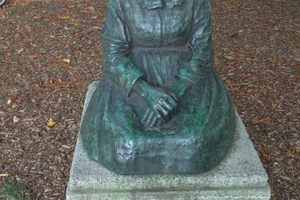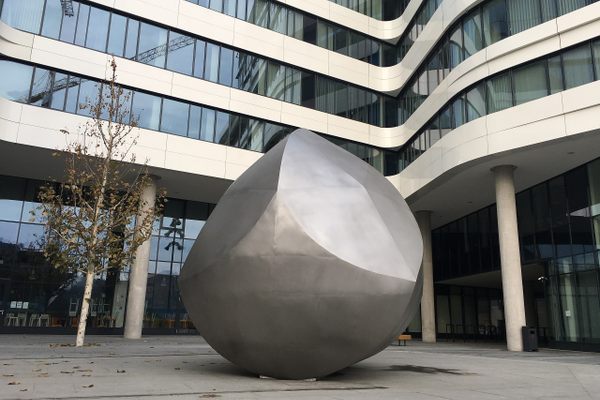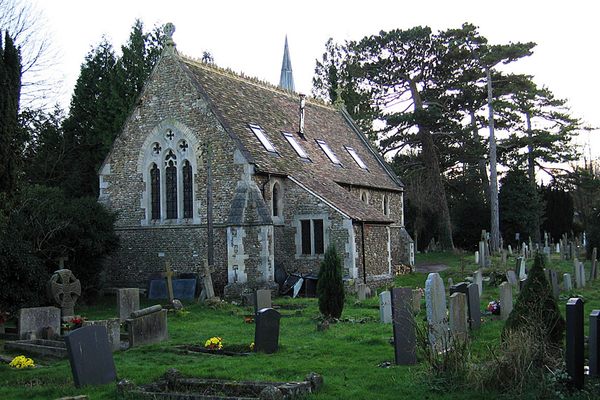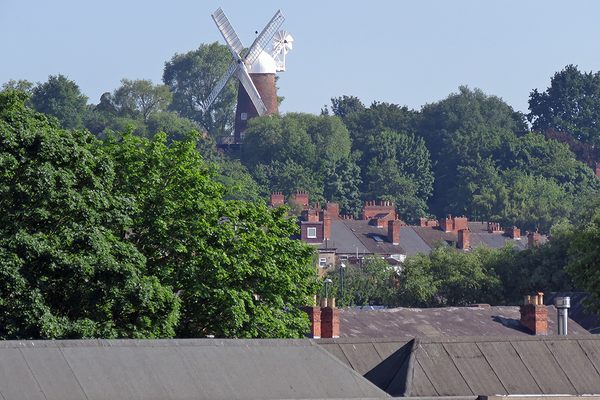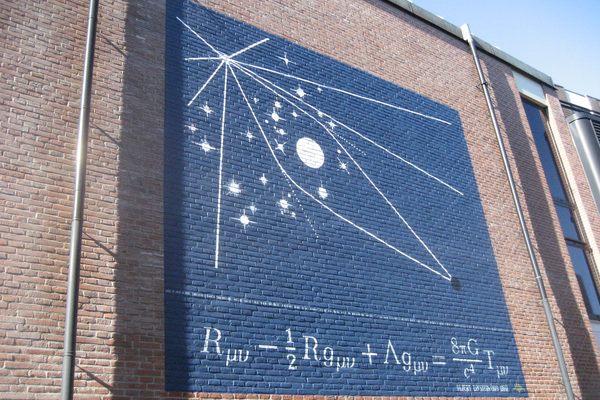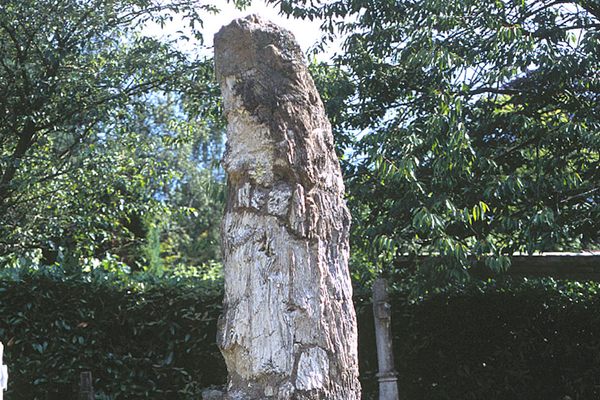About
Carl Friedrich Gauss wasn’t born in Göttingen, Germany, but he spent most of his remarkable career there, so it's no wonder that he’s buried there, alongside several other math and science luminaries.
Gauss is often cited as the greatest thinker of the 19th century, and by some as the most singularly talented mathematician since the days of Euclid. He was born in 1777 in Brunswick, Lower Saxony, and as a child prodigy from a working class background, his remarkable mental gifts didn’t go unnoticed. He was first sent to university in Brunswick at the ripe old age of 15, but came to study in Göttingen three years later, in 1795. As his abilities grew, so did his reputation — and despite pleas from larger and more prestigious centers of learning, he stayed in his adopted hometown until his death in 1855.
It’s hard to fully comprehend how important Gauss has been to mathematics and the sciences. His contributions include groundbreaking proofs and discoveries in algebra and geometry, numbers theory and statistics, physics and astronomy — and of course, contributing his name to the unit of measure used for magnetism. Anyone who has ever had to have their computer monitor, hard drive, or piece of video or audio tape “degaussed” has inadvertently paid tribute the man.
His grave is located in the Albini Cemetery, in a quiet park at the edge of the city, not far from the university he called home for 60 years. His grave is often accompanied by flowers laid down in respect of his achievements, and he rests in good company — surrounded by a small cluster of stones of several other well-known men of math and science. But Gauss has the largest headstone — a testament to his place as one of the greatest minds since antiquity.
Related Tags
Know Before You Go
Albini Cemetery is a small section of Cheltenhampark, on the edge of the city and not far from the University. Check out the other graves around Gauss, which include - Naturalist Johann Friedrich Gmelin; Philosopher Johann Friedrich Herbart (the founder of pedagogy); Archeologist Otto Jahn; and Philosopher and logician Rudolf Herman Lotze.
Community Contributors
Added By
Published
March 18, 2016















